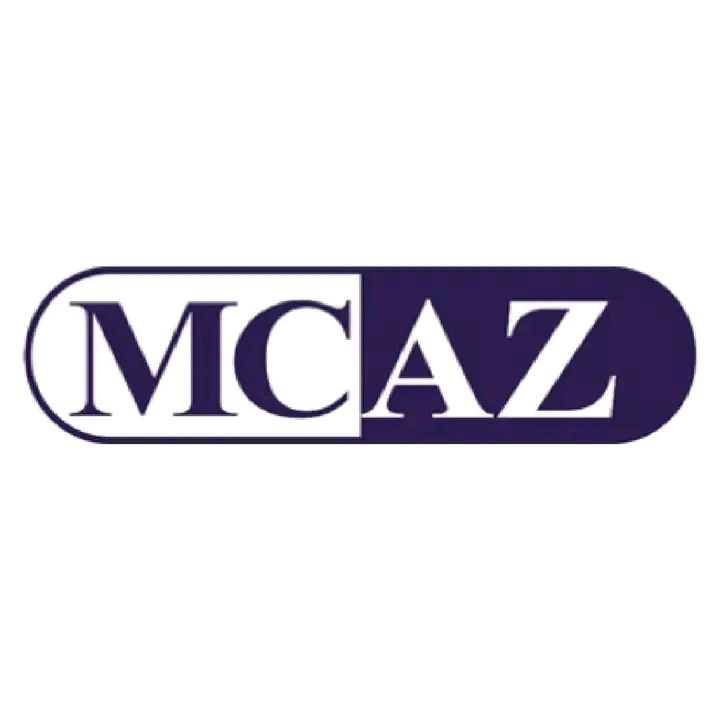Minister Winston Chitando (in white coat) talks to Mayor Jacob Mafume (in black suit) in Highfield during a visit to see the progress of cleaning operations.
By Julius Manganda
All the 92 local authories of Zimbabwe converged in Harare Wednesday morning as operationalization of the President ‘s call to action on Service Delivery rolls into life.
Last year, the president launched “The Call to Action -No Compromise to Service Delivery” blueprint which provides guidelines that local authorities must take to ensure they provide efficient services that are in line with the country’s quest to achieve a middle-income economy by 2030.
In line with visionary approach to governance at all levels, the blue print directed local authorities to draw up to date master plans which detail all the geopolitical issues of the areas under their jurisdictions.
President Emmerson Mnangagwa has made it clear that lethargic approach to work will not be tolerated and presiding over the Second Republic, Zimbabwe’s economy is on the rebound, with the country expected to be an Upper Middle Income Economy by the year 2030.
President has set 30 June 2024 as the deadline on which all master plans should be ready.
The local authorities therefore met in Harare, in a meeting, first of its kind, to share notes on how to tackle the work that lies ahead.
Minister of Local Government and Public Works Winston Chitando said all the countries that were developed did not achieve that status by accident but planned for it and executed the plans well, hence the transition to a culture of planning and executing well was fundamental as the country marches towards an Upper Middle Income Economy.
He further said exquisite service delivery was among the indicators of an upper middle income economy.
He called local authorities to harness modern technologies to create cities that are in touch with the morden creations.
“It is my clarion call that we embrace new planning strategies and concepts such as the compact, green and smart city concepts as we modernise our settlements. These strategies embrace new technologies and smart energy sources.
“Indeed urban areas or functional settlements need to manage their development, supporting economic competitiveness, while enhancing social cohesion, environmental sustainability and an increased quality of life of their citizens,” he said.
Local authorities need to come up with spatial plans to ensure that the allocation of land in their jurisdictions was done in a proper manner.
The President will this year preside over a bi-annual review meeting to assess the performance of all local authorities as he leads from the front in the restoration of efficiency in service delivery.


